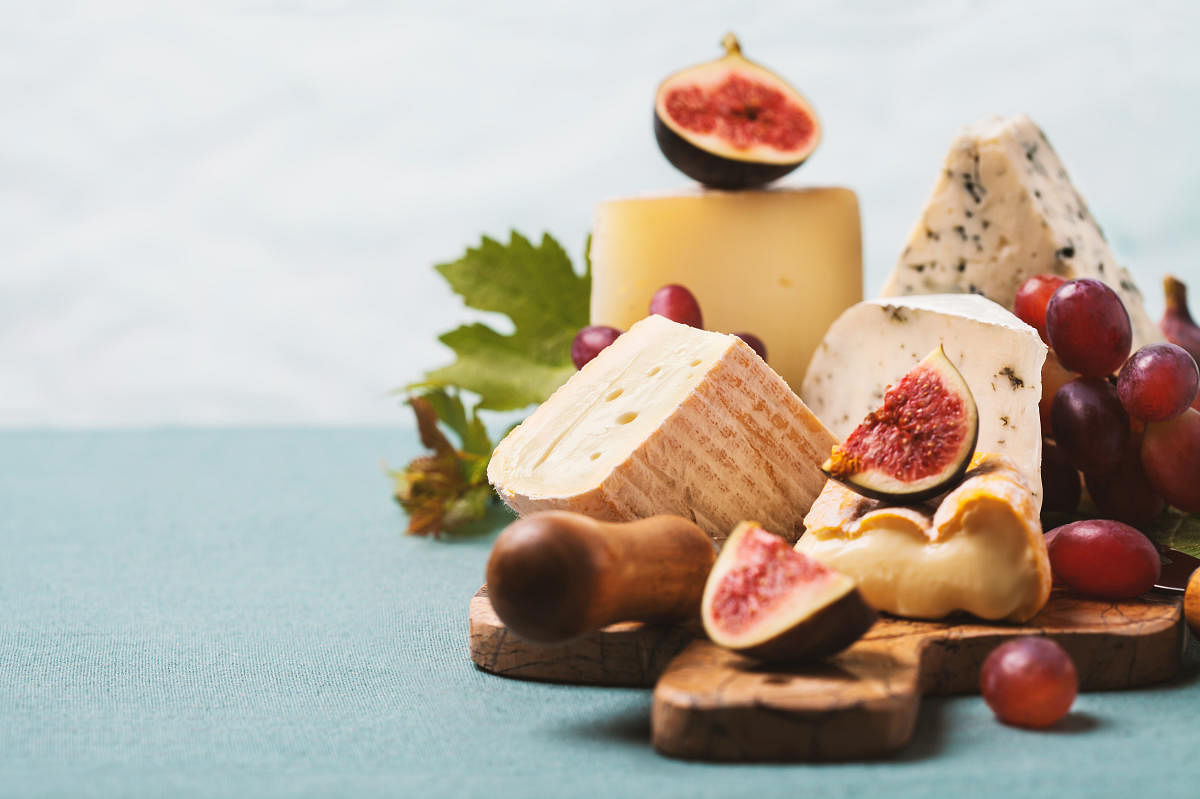
The lockdown during the pandemic was predominantly marked by one thing — food. Looking up recipes, cooking, baking and eating have all been high on everyone’s list of hobbies, especially without a whole lot else to do.
Social media, too, has been full of everyone’s kitchen creations from freshly made sourdough to banana bread and sweet treats galore. But guess what’s flying off the shelves by the minute — it’s cheese! In fact, the country’s leading dairy cooperative society went on record to acknowledge the fact that their sales surged during the lockdown and this was across India, in both metros and rural areas.
There could have been two major influences: staying at home (which includes digital-education, smart working, limitation of outdoor and physical activity) and stockpiling food due to the restriction in grocery shopping. In addition, the interruption of the work routine caused by the quarantine could have resulted in boredom. Here, cheese lived up to being the comfort food and was devoured as a filling, pull apart or merely gorged on for its oozing oomph quality. Having stocked up, cheese seemed to be the best accompaniment with not just the usual suspects of bread, pasta, and pizza but even with dried fruit and nuts or crisps and sometimes with wine. Even social media posts were all about cheesy lockdown dishes, all looking delish. The lockdown, in fact, added one more type of cheese when a French cheese-making family created a new kind of cheese after accidentally leaving some rinds in the fridge.
With a herd of 25 cows in the Vosges region in eastern France, near the German border, this family would usually turn all of the milk that the cows produced into muenster cheese but during the lockdown, as sales fell by more than 80%, they were forced to put some of the cheese in the cellar. They then promptly forgot about it. Once discovered, this new cheese developed a greenish-grey flowery rind because unlike their muenster variety, it wasn’t rubbed every day and it also took in some of the flavour from the cellar. The family called it le confiné because lockdown in French is translated as le confinement. Say cheese!